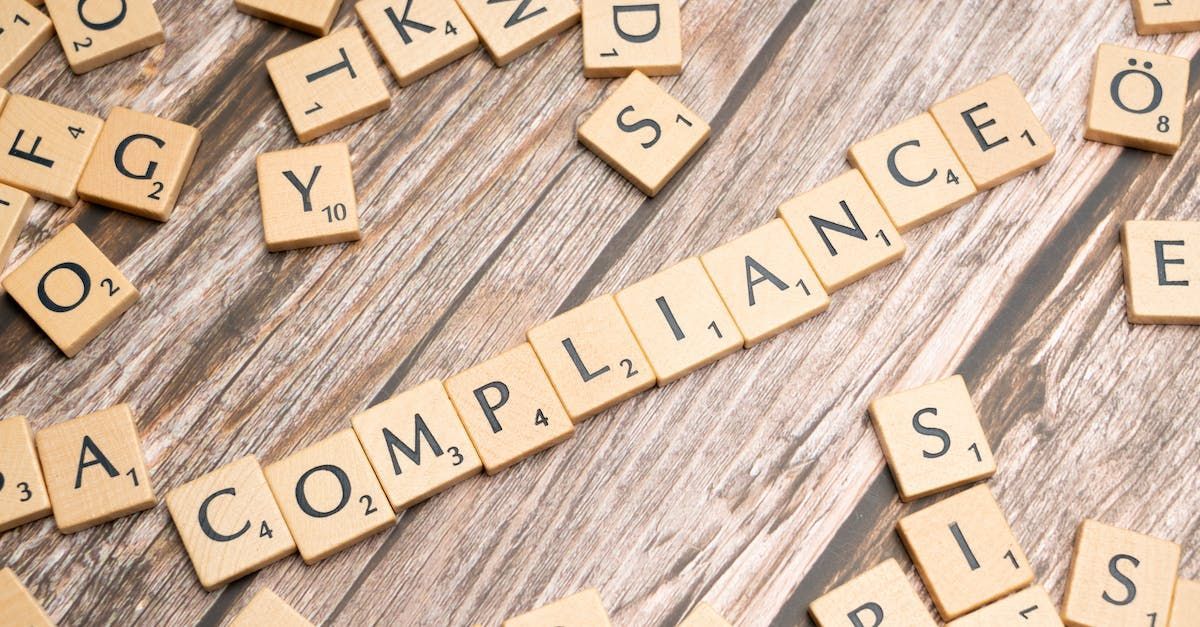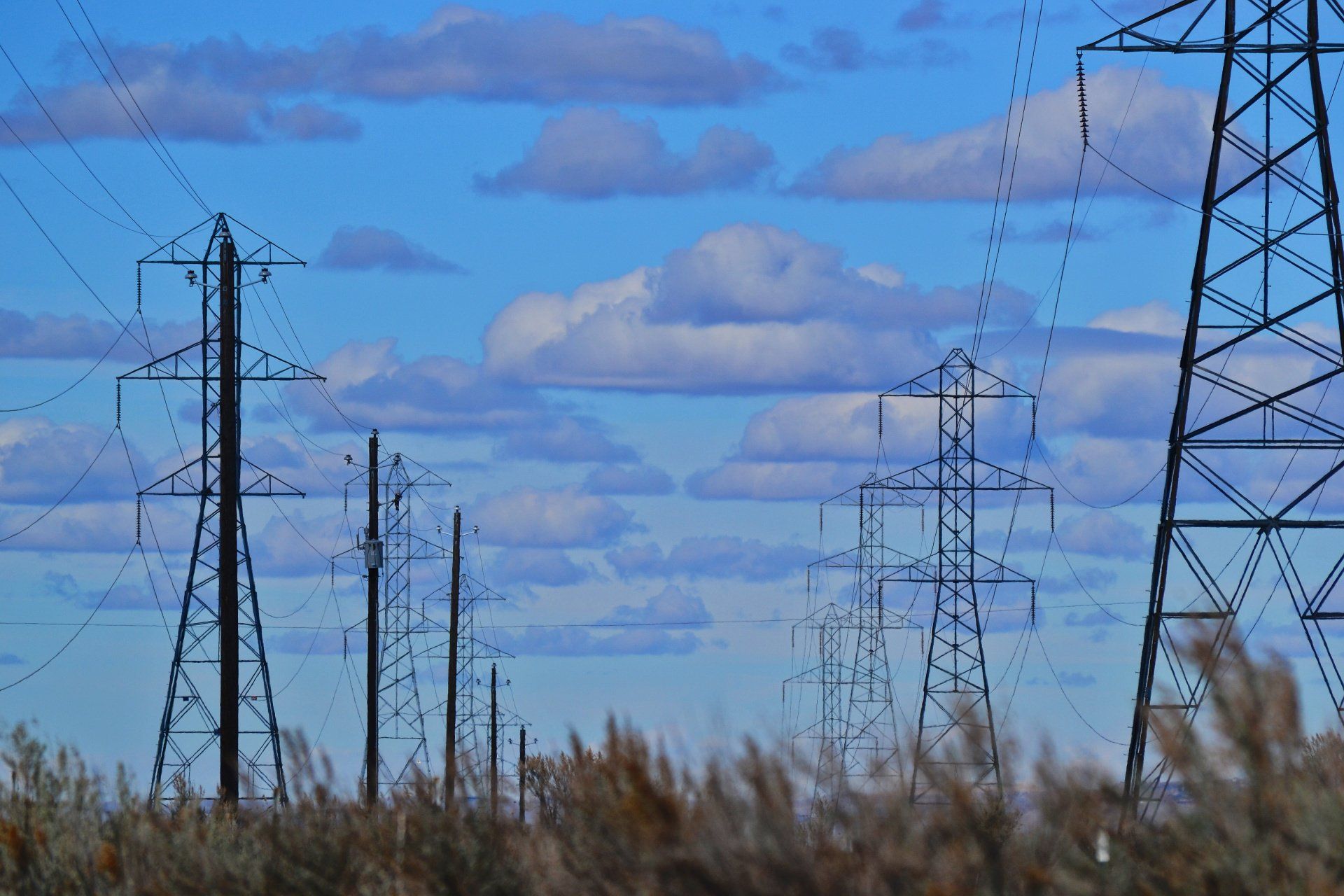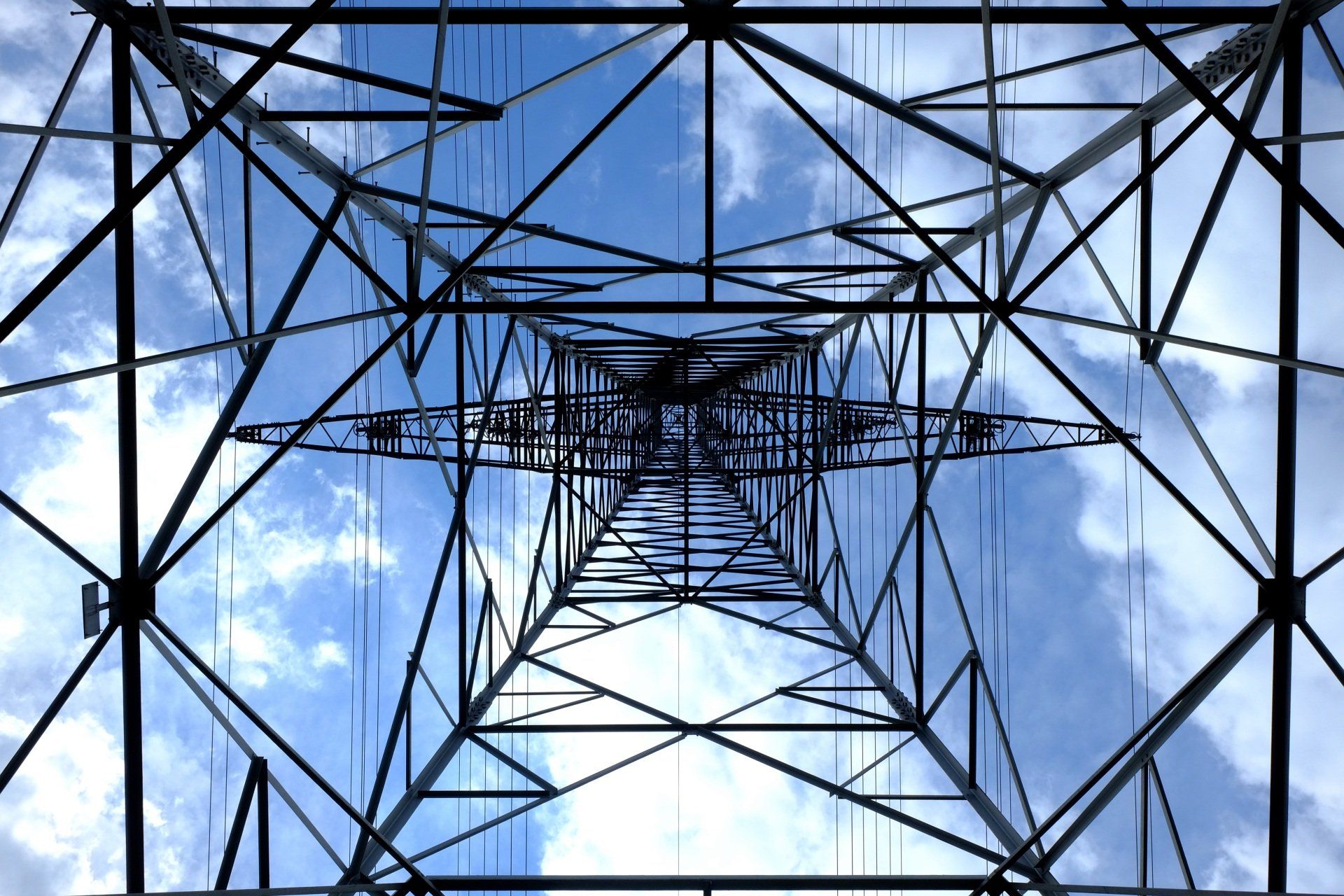Neutral, Negative, Zero, Positive... Carbon What?
PASCHALi • 25 September 2020
Carbon Jargon for the Climate Bandwagon
Many businesses are setting goals to reduce their impact on the planet, but in this relatively new world of carbon reduction initiatives, it can be hard to understand what it all means. With this blog post, we hope to give you a better understanding of what a company means when they claim to be 'Net-Zero' or 'Climate Positive'. The definition of these phrase seems to vary company to company, but this is how we at PASCHALi interpret the current descriptions.
Net-Zero
When a company decides to become 'net-zero', it is aiming to balance out its own carbon emissions released each year by any means necessary, with the ultimate goal of annually adding no carbon to the atmosphere. This is achieved through carbon offsetting, emission reduction initiatives, green tariffs, etc. Think of it as an equation, where carbon emitted is equalled by carbon removed. The net result is zero! By achieving net-zero, a company's carbon footprint is zero, showing they are no longer contributing toward carbon emissions. Net-zero is a great first step for most companies and vital if we are to avoid temperatures rising by 2°C, but it is essentially just a way to 'stem the bleeding', keeping the climate at its current state.
Below are a few examples of companies who are targeting net-zero carbon emissions:
IAG (British Airways): Net Zero by 2050
Nestle: Net Zero by 2050
The United Kingdom is also targeting Net Zero by 2050, becoming the first major economy to set emission laws.
Carbon Neutral
Carbon Neutral is often used interchangeably with Net-Zero, although it is our opinion Carbon Neutral focuses more on reaching the goal by reducing existing emissions. There is an emphasis on analysing operations and processes within the business, cutting emissions at source rather than balancing out the equation at a later stage through offsetting and external projects. Carbon offsets can still be used to finalise the journey to zero carbon emissions, but these should be seen as a last resort.
Carbon Neutrality can be certified globally through The CarbonNeutral Protocol. The protocol follows five steps: Define, Measure, Target, Reduce, Communicate. It is an internationally recognised certification held by businesses of all sizes. Below are a few examples of certified Carbon Neutral companies and the years in which they achieved this:
Sky: Carbon Neutral since 2006
Microsoft: Carbon Neutral since 2012
Logitech: Carbon Neutral since 2019
Many companies that have achieved or are targeting CarbonNeutral certification also have separate net-zero or carbon negative goals, showing that although CarbonNeutral and Net-Zero are essentially the same thing, they can be seen in different lights to different organisations. Sky for example, was certified CarbonNeutral in 2006 but is working toward a net-zero target by 2030. Sky's carbon neutral certification was achieved through reducing emissions and offsetting the remaining carbon to have an overall impact of zero on atmospheric GHG levels. Where as most carbon neutral or net-zero plans just try to balance out carbon emissions, the Sky net-zero initiative aims to cause no harm to the Earth. Sky's statement says it is making a concerted effort to protect all aspects of the planet and its targeted response to carbon offsetting will have a greater impact on protecting existing eco-systems.
Carbon Negative
Carbon Negative is a step further than Net-Zero. Also known as 'Climate Positive', these companies are targeting the removal of more carbon from the atmosphere than they generate. By becoming carbon negative, companies can begin to remove their lifetime emissions from the atmosphere (e.g. Microsoft) and start to actively combat global climate change. Through carbon negativity, companies hope to reverse the impacts of climate change.
Here are a few companies who have achieved or are currently targeting Carbon Negativity:
Brewdog: Carbon Negative in 2020
IKEA: Carbon Negative by 2030
Microsoft: Carbon Negative by 2030
If we as a planet are to reverse global warming, carbon negative will have to be the ultimate goal.
Alternative Phrases Seen & Heard
Resource Positive - Coined by Starbucks, this shares the same goal as Carbon Negative but has a better fit for businesses with a heavy reliance on single use materials and ingredients
Zero Carbon - A different way of saying Net-Zero or Carbon Neutral
How Can We Help?
One of the services we offer is Net-Zero Carbon Support. Whether your company is planning to go net-zero, is already in the process, looking to maintain your carbon neutrality, or is just interested in what it all means, we are here to guide you through the journey. We have extensive experience advising on carbon reduction initiatives and have also assisted and helped plan net-zero/carbon neutral projects for some major organisations.
We can help you calculate your requirements, find cost effective ways to cut emissions and determine the best offsetting schemes for your company to reach your goals.
If you would like to discuss the blog post above or find out how we can support your business, please contact us.
Share Our Blog Post










